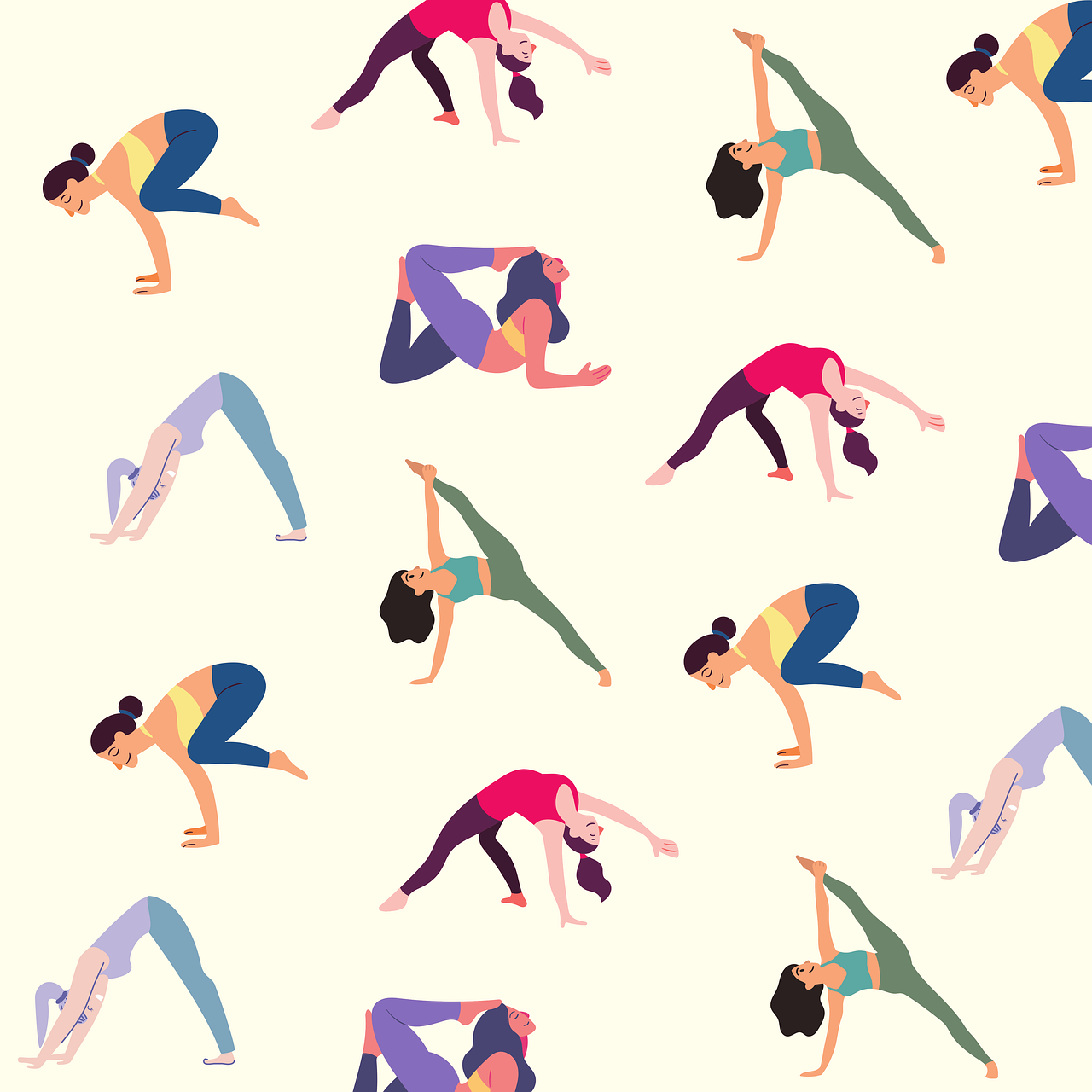How to Lose Weight Without Exercise: A Practical Guide
For many people, the idea of losing weight without hitting the gym or engaging in rigorous workouts sounds appealing. While exercise is beneficial for overall health and weight management, it’s not the only factor that influences weight loss. By focusing on nutrition, lifestyle adjustments, and mindful habits, you can effectively shed pounds without relying solely on physical activity. Here’s a comprehensive guide on how to lose weight without exercise:
1. Mindful Eating Habits:
- Portion Control: Pay attention to portion sizes and avoid oversized servings. Use smaller plates and bowls to naturally reduce your intake.
- Eat Slowly: Chew your food thoroughly and savor each bite. Eating slowly allows your brain to register fullness, reducing the likelihood of overeating.
- Avoid Emotional Eating: Learn to distinguish between physical hunger and emotional triggers. Find alternative ways to cope with stress or boredom, such as practicing mindfulness or engaging in hobbies.
2. Focus on Nutrient-Dense Foods:
- Eat More Fruits and Vegetables: Fill your plate with colorful fruits and vegetables that are high in fiber, vitamins, and minerals. They provide essential nutrients while keeping you feeling full.
- Choose Lean Proteins: Opt for lean sources of protein such as chicken, turkey, fish, tofu, beans, and legumes. Protein helps maintain muscle mass and keeps you satisfied longer.
- Whole Grains: Incorporate whole grains like quinoa, brown rice, oats, and whole wheat bread. They provide sustained energy and are rich in fiber, promoting digestive health.
3. Hydration is Key:
- Drink Water: Often, thirst can be mistaken for hunger. Stay hydrated throughout the day by drinking water or herbal teas. Aim for at least 8 glasses (64 ounces) of water daily.
- Limit Sugary Drinks: Avoid sugary sodas, juices, and energy drinks, which are high in empty calories. Opt for water infused with citrus fruits or herbal teas for flavor.
4. Mind Your Snacking Habits:
- Choose Healthy Snacks: Opt for nutrient-rich snacks such as nuts, seeds, yogurt, fresh fruits, or cut-up vegetables. Avoid processed snacks high in sugar and unhealthy fats.
- Practice Portion Control: Pre-portion snacks into smaller containers or bags to avoid mindless eating and control calorie intake.
5. Get Adequate Sleep:
- Prioritize Sleep: Aim for 7-9 hours of quality sleep per night. Poor sleep can disrupt hunger hormones and lead to cravings for unhealthy foods, hindering weight loss efforts.
6. Reduce Stress Levels:
- Stress Management: Chronic stress can contribute to weight gain and emotional eating. Practice stress-relieving techniques such as deep breathing, meditation, yoga, or spending time in nature.
7. Monitor Your Progress:
- Keep a Food Journal: Track your meals, snacks, and beverages to become more aware of your eating habits. This can help identify triggers for overeating and make necessary adjustments.
- Track Your Weight: Monitor your weight regularly to gauge progress. Use a scale or take measurements to track changes over time.
8. Be Patient and Persistent:
- Set Realistic Goals: Healthy weight loss is gradual and sustainable. Aim to lose 1-2 pounds per week for long-term success.
- Stay Consistent: Adopting healthy habits consistently is key to achieving and maintaining weight loss without exercise.
Conclusion
Losing weight without exercise is achievable through mindful eating, choosing nutrient-dense foods, staying hydrated, getting enough sleep, managing stress, and monitoring your progress. By making small, sustainable changes to your lifestyle and habits, you can reach your weight loss goals effectively and improve your overall well-being. Remember, consult with a healthcare professional before making significant changes to your diet, especially if you have any underlying health conditions. With dedication and patience, you can achieve a healthier weight and lifestyle.
